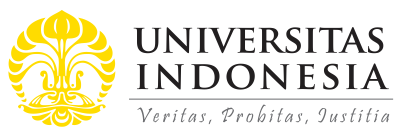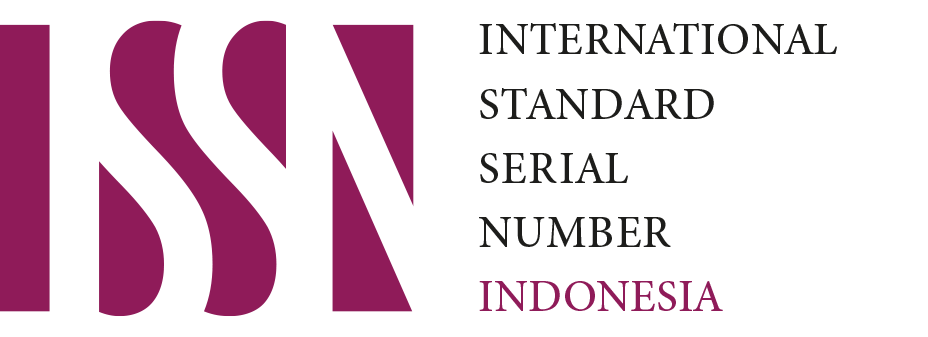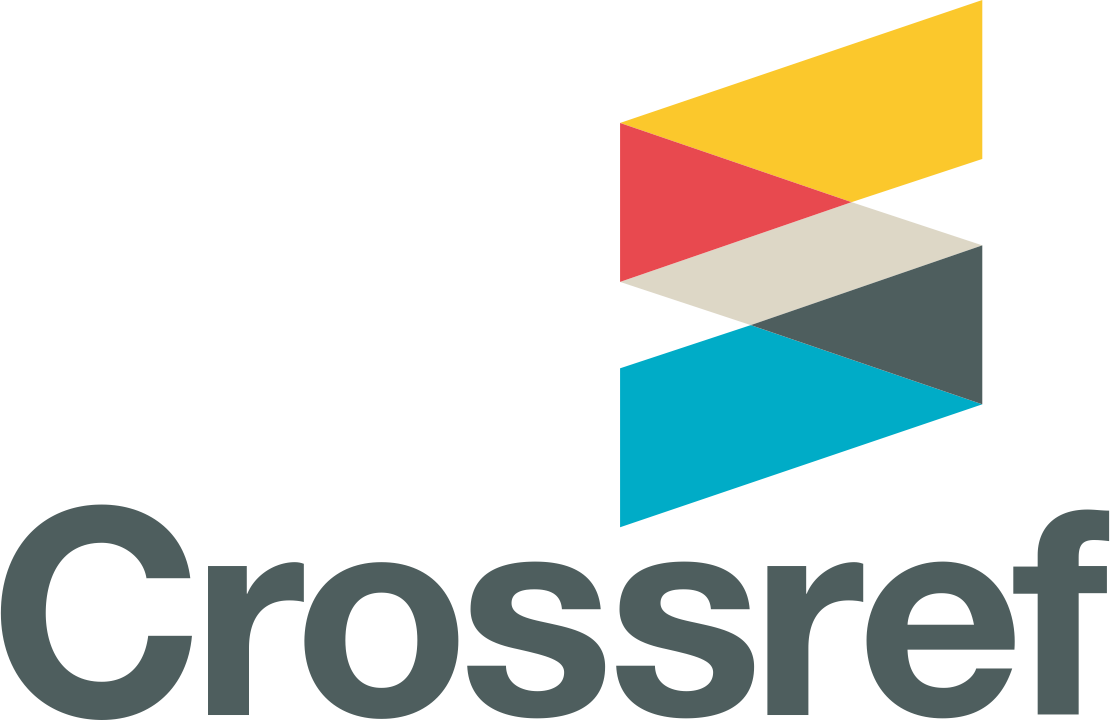Abstract
The development of Financial Technology (FinTech) in Islamic banks has not brought increasing us- ers. Therefore, it is necessary to determine which factors influence intention to use FinTech from the demand side or the customers’ side. For this study, we chose mobile banking as our research object, considering that the largest digital transactions in Islamic banks come from mobile banking. Mobile banking also provides banks various benefits to banks such as increased long-term profitability, cus- tomer loyalty, and financial inclusion. The objective of this study is to observe the determinant factor by using the theory of planned behavior (TPB) and its extensions, specifically attitude awareness, knowledge, and subjective norms that influence the intention to use mobile banking. This study gath- ers data regarding respondents from various generations, especially generations X, Z, and millenni- als. The results suggest that attitude and knowledge statistically have a positive effect, while aware- ness and subjective norms do not have a significant effect on intention to use mobile banking services among Islamic bank users. Islamic banks should better educate their consumers and focus on which factors inspire a positive attitude toward their customers to boost the adoption of mobile banking.
References
Ajzen, I. (1988). Attitudes, personality, and behavior. Dorsey Press.
Ajzen, I. (1991). The theory of planned behaviour. Organizational Behavior and Human Decision Processes, 179-211.
Ajzen, I., & Fishbein, M. (1988). Theory of Reasoned Action-Theory of Planned Behaviour. University of South Florida.
Ajzen, I., & Madden, T. J. (1986). Prediction of goal-directed behavior: Attitudes, intentions, and perceived behavioral control. Journal of
Experimental Social Psychology, 453–474. Alaabed, A. F., & Mirakhor, A. (2017). Accelerating risk sharing finance via FinTech, NextGen Islamic finance. The 1st International Colloquium on Islamic banking and Finance, 1-10.
Alshater, M. M., & Othman, A. (2020). Financial technology developments and their effect on islamic finance education. Journal of King Abdulaziz University: Islamic Economics, 33(3), 161-187. doi:10.4197/Islec.33-3.9
Alshater, M. M., Saba, I., Supriani, I., & Rabbani, M. R. (2022). Fintech in islamic finance literature: A review. Heliyon, 8. doi:https://doi.org/10.1016/j.heliyon.2022.e10385
Asif, M., Xuhui, W., Nasiri, A., & Ayyub, S. (2018). Determinant factors influencing organic food purchase intention and the moderating role of awareness: a comparative analysis. Food Quality and Preference, 144-150.
Barata, D. D. (2007). Pengaruh penggunaan strategi brand extension pada intensi membeli konsumen. Jurnal Manajemen. Carlin, B., Olafsson, A., & Pagel, M. (2017).
FinTech Adoption Across Generations: Financial Fitness in the Information Age. NBER Working Paper.
Cheah, C. M., Teo, A. C., Sim, J. J., Oon, K. H., & Tan, B. I. (2011). Factors Affecting Malaysian Mobile Banking Adoption: An Empirical Analysis. International Journal of Network and Mobile Technologies, 2(3),149-160.
Chuang, L., Liu, C., & Kao, H. (2016). The adoption of FinTech service: TAM perspective. International Journal of Management and Administrative Science, 1-15.
Del Gaudio, B. L., Porzio, C., Sampagnaro, G., & Verdoliva, V. (2020). How do mobile, internet and ICT diffusion affect the banking industry? An empirical analysis. European Management Journal, 39(3). Retrieved from https://doi.org/10.1016/j.emj.2020.07.003
Echchabi, A., Omar, M., & Ayedh, A. (2021). Factors influencing Bitcoin investment intention: the case of Oman. Int. J. Internet Technol. Secur. Trans., 11(1), 1-15.
Ezzahid, E., & Elouaourti, Z. (2021). Financial inclusion, mobile banking, informal finance and financial exclusion: micro-level evidence from Morocco. Int. J. Soc. Econ., 48(7), 1060–1086.
Ferdinand, A. T. (2006). Metode Penelitian Manajamen. Semarang: Badan Penerbit
Universitas Diponegoro. Financial Stability Board. (2022, May 5). Financial Stability Board. Retrieved from https://www.fsb.org/work-of-the-fsb/financial-innovation-and-structural-change fintech/#:~:text=The%20FSB%20defines%20FinTech%20as,the%20provision%20of%20financial%20services.
Firmansyah, E., & Anwar, M. (2018). Islamic financial technology (FinTech): its challenges and prospect. Achieving and Sustaining SDGs 2018 Conference. Atlantis Press.
Firmansyah, I. A., Yasirandi, R., & Utomo, R. G. (2022). The influence of efficacy, credibility, and normative pressure to Mbanking adoption level in Indonesia. Sixth Information Systems International Conference (ISICO 2021) (pp. 51-60). Procedia Computer Science.
Fishbein, M., & Ajzen, I. (1975). Belief, Attitude, Intention, and Behavior: An Introduction to Theory and Research. Reading, MA: Addison-Wesley.
Gai, K., Qiu, M., & Sun, X. A. (2018). Survey on FinTech. J. Netw. Comput. Appl, 262–273.
Glavee-Geo, R., Shaikh, A., & Karjaluoto, H. (2017). Mobile banking services adoption in
Pakistan: are there gender differences? International Journal of Bank Marketing, 1088-1112.
Hair, J. F., Celsi, M., Ortinau, D., & Bush, R. P. (2017). Essentials of Marketing, Fourth Edition. New York: McGraw-Hill Education.
Hamidi, H., & Safareeyeh, M. (2019). A model to analyze the effect of mobile banking adoption on customer interaction and satisfaction: A case study of m-banking in Iran. Telematics and Informatics, 38, 166-181. doi:https:// doi.org/10.1016/j.tele.2018.09.008
Hassan, H. E., & Wood, V. R. (2020). Does country culture influence consumers’ perceptions toward mobile banking? A comparison between Egypt and the United States. Telematics and Informatics, 46.
Hermes, N., & Lensink, R. (2008). Does Financial Liberalization Influence Saving, Investment and Economic Growth? Evidence from 25 Emerging Market Economies. Basingstoke, UK: Palgrave Macmillan.
Ho, J. C., Wu, C.-G., & Lee, C.-S. P.-T. (2020). Factors affecting the behavioral intention to adopt mobile banking: An international comparison. Technology in Society, 63.
Jeger, M., & Frajma, I. A. (2015). The role of subjective norms in forming the intention to purchase green food. Economic ResearchEkonomska Istraživanja.
Kaakeh, A., Hassan, M., & Almazor, S. (2018). Attitude of Muslim minority in Spain towards Islamic finance. International Journal of Islamic and Middle Eastern Finance and Management, 11(2), 213-230.
Laldin, M., & Furqani, H. (2019). FinTech and Islamic finance. In U. A. Oseni, & S. N. Ali,
FinTech in Islamic Finance: Theory and Practice (pp. 113-119). Milton Park: Routledge.
Lee, J., & Shin, M. (2011). Factors for the adoption of smartphone-based mobile banking: on users’ technology readiness and expertise. The Journal of Society for e-Business Studies, 155-172.
Leong, K. (2018). FinTech (Financial Technology): What is It and How to Use Technologies to Create Business Value in Fintech Way? International Journal of Innovation, Management, and Technology, 74-78.
Lind, D. A., Marchal, W. G., & Wathen, S. A. (2018). Statistical Techniques in Business &
Economics, seventeenth edition. New York: McGraw-Hill Education.
Lumby, J., Browning, C., & Finke, M. (2017). The impact of product knowledge and quality of care on long-term care insurance demand: evidence from the HRS. Journal of Personal Finance, 48-61.
Ly, B., & Ly, R. (2022). Internet banking adoption under Technology Acceptance Model— Evidence from Cambodian users. Computers in Human Behavior Reports, 7. doi:https://
doi.org/10.1016/j.chbr.2022.100224
Malaquias, R. F., & Silva, A. F. (2020). Understanding the use of mobile banking in rural areas of Brazil. Technology in Society, 62. doi:https://doi.org/10.1016/j.techsoc.2020.101260
Marzuki, M., & Nurdin, N. (2020). The Influence of Halal Product Expectation, Social Environment, and Fiqih Knowledge on Intention to Use Shariah Financial Technology Products. International Journal of Innovation, Creativity and Change, 13(1).
Miskam, S. Y., & Rosman, R. (2019). FinTech and its impact on Islamic fund management in Malaysia: a legal viewpoint. In A. Umar, M. Hassan, & H. (. Rusni, Emerging Issues in Islamic Finance Law and Practice in Malaysia (pp. 223-246). Emerald Publishing .
Nakashima, T. (2018). Creating Credit by Making Use of Mobility with FinTech and IoT.
IATSS Research, 42(2), 61–66.
Noor, M. (2011). Determining critical success factors of mobile banking adoption in Malaysia. Australian Journal of Basic and Applied Sciences, 5(9), 252-265.
Nurhasanah, & Rahmatullah, I. (2020). The legal protection of shariah financial technology in Indonesia (Analysis of regulation, structure and law enforcement). International Journal of Advanced Science and Technology, 29(3), 3086–97.
Oladapo, I. A., Hamoudah, M. M., Alam, M. M., Olaopa, O. R., & Muda, R. (2021). Customers’ perceptions of FinTech adaptability in the Islamic banking sector: Comparative study on Malaysia and Saudi Arabia. Journal of Modelling in Management.
Oseni, U., & Ali, S. (. (2019). FinTech in Islamic Finance. Routledge. Picoto, W., & Pinto, I. (2021). Cultural impact on mobile banking use – A multi-method approach. Journal of Business Research, 24, 620-628.
Priem, R. L., Li, S., & Car, J. C. (2011). Insights and New Directions from Demand-Side Approaches to Technology Innovation, Entrepreneurship, and Strategic Management Research. Journal of Management, 38(1), 346-374.
Ramdhony, D. (2013). Islamic banking awareness attitudes and bank selection criteria. International Journal of Humanities and Applied Sciences, 29-35.
Saksonova, S., & Kuzmina-Merlino, I. (2017). FinTech as financial innovation – the possibilities and problems of implementation. European Research Studies Journal, 961-973.
Sekaran, U., & Bougie, R. (2016). Research Methods for Business: A Skill-Building Approach, 7th edition. Chichester, West Sussex, United Kingdom: John Wiley & Sons.
Selim, M. (2020). The effects of eliminating Riba in foreign currency transactions by introducing global FinTech network. International J. Islam. Middle E Finance Manag, 14(3), 506-523.
Shankar, A., & Kumari, P. (2016). Factors Affecting Mobile Banking Adoption Behavior in India. Journal of Internet Banking and Commerce, 21(1), 1-24.
Shofiyyah, M., Aisyah, A., & Shifa, M. (2019). Awarness and motivation in crowdfunding for islamic banking and finance research. Global J. Al-Thaqafah, 7–18.
Tiwana, A. (2002). The Knowledge Management Toolkit : Orchestrating IT, Strategy and Knowledge Platform 2nd edition. Upper Saddle River: Prentice Hall.
Tobing. (2007). Knowledge management. Yogyakarta: Graha Ilmu.
Todorof, M. (2018). Shariah-compliant FinTech in the banking industry. ERA Forum, 1-17.
Ulya, N. (2018). Peer to peer lending on financial technology under perspective positive law and Islamic law. Journal of Islamic Business Law.
Wan Ahmad, W., Hanifa, M., & Hyo, K. (2019). Are non-Muslims willing to patronize Islamic financial services? Journal of Islamic Marketing, 743-758.
World Bank. (2020). Leveraging Islamic FinTech to improve financial inclusion. Malaysia: World Bank.
Zhu, Q., Lyu, Z., Long, Y., & Wachenheim, C. J. (2022). Adoption of mobile banking in rural China: Impact of information dissemination channel. Socio-Economic Planning Sciences, 83. doi:https://doi.org/10.1016/j.seps.2021.101011
Recommended Citation
Juwita, Ratna; Kusumah, Adam Darma; Aqila, Tiara Syahrani; Tsabitah, Hanan; and Syauqi, Muhammad Farhan
(2023)
"The Intention to Use Mobile Banking as a Financial Technology Service among Islamic Bank Users,"
Indonesian Capital Market Review: Vol. 15:
No.
1, Article 3.
DOI: 10.21002/icmr.v15i1.1166
Available at:
https://scholarhub.ui.ac.id/icmr/vol15/iss1/3
Included in
Business Administration, Management, and Operations Commons, Business and Corporate Communications Commons, Technology and Innovation Commons












